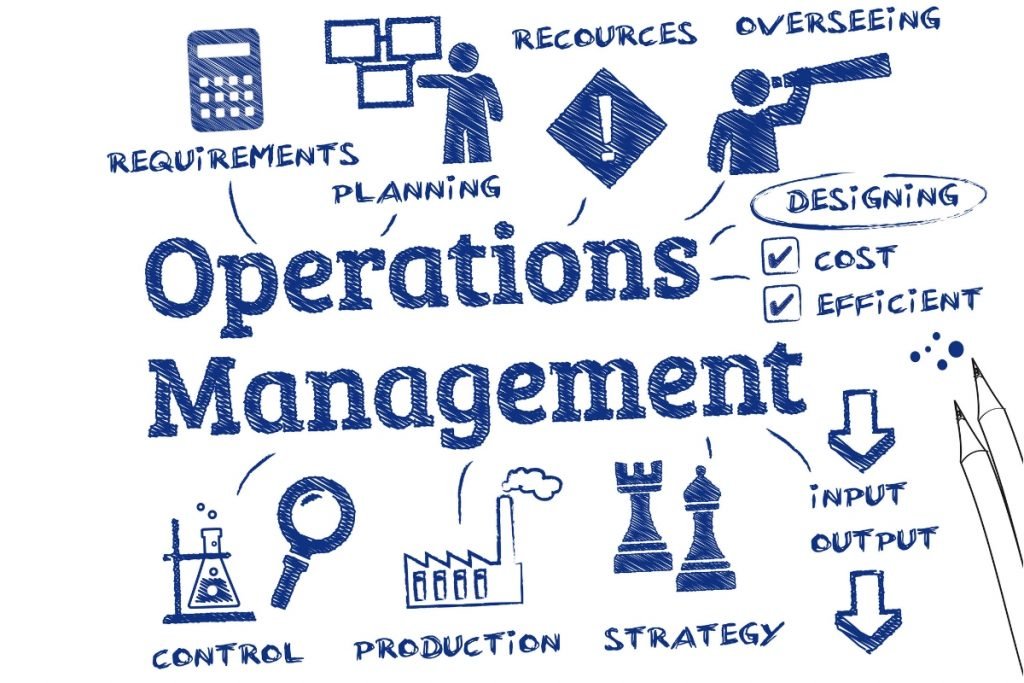Harmony through Operations Management – Getting the Flow Right

Typically, in any organisation, one associates the words ‘firefighting’, ‘push’ and blame’ with operations in a manufacturing set up. In fact, operations is where issues find a safe haven to play musical chairs until the customer shuts down the music and person/team without a seat becomes the proverbial whipping boy. The good thing is that everyone finds themselves without a seat every so often and are therefore equal in the eyes of the ‘law’ (read – top management). Management themselves are often helpless in predicting the source of the problem and find themselves caught up in the game.
People in such environments rarely believe harmony in operations is even possible. They are wrong.
Despite what is generally assumed, all manufacturing companies face, irrespective of the nature of operations, face pretty much the same type of issues. If ops teams were asked to list down their reasons for orders not being completed on time the list would like this:
- Approvals on orders are delayed
- Capacity appears to be a challenge
- Vendors are not reliable
- Inventory always appears to be high
- Resources are unskilled
- Overtime is high
- Most of the billing happens around month end
- Funds and payments are an issue
- Strategic Orders don’t give profits or customer satisfaction
The inevitable result of operational flux is that the team is constantly under pressure to deliver and ends up working overtime to catch up. Space becomes a constraint, inventory appears excessive, vendors are unhappy, funds are blocked, and customers don’t get orders on-time.
While these are issues that frequently play out across the manufacturing industry, improvements in management philosophy have done little to actively address them. Most of the focus tends to be on what is apparent and controllable such as quality improvement processes, inventory reduction exercises, monitoring machine utilisation, managing people efficiency, performing time and motion studies, and micro-managing productivity. The driving assumption is if there were a better way of managing machines, people and quality, the plant will be managed effectively, and orders will be delivered on time.
Fabtech, with its years of manufacturing experience across various product lines and factories and has had the unique ability to recognise and respect these challenges. Over the years Fabtech has brought about a fair semblance of calm in the way our operations are managed. The results are visible to all and our output has jumped almost threefold without any additional investment in capacity or increased headcount.
We have a primary measure for operations – which is on-time delivery with reduced lead time. We have recognised that we are an ‘A’ plant setup (for those new to Operations, please read up on the four plant types – V, A, T and I). For us, synchronisation and ensuring on-time full-kit availability for assembly is critical. The entire team focusses on getting the full-kit on time, whether it is approved designs, bought out items, manufactured items or simply consumables, and lastly documents related to dispatch clearance – all are part of the full-kit. Once the kit is made available on time, the assembly, inspection and dispatch quickly convert the kit into cash!
Full-kit is the mantra and we prevent teams from starting work on part kits. The entire team, right from Sales to Design to Operations ensure that we pass full-kit on to the next stage. Material management plays a very crucial role as 80% of our product is material. The emphasis in stores is to prevent ad-hoc material issues. The stores timing and kitting zone ensure that kits are released only when they are ready for use allowing the team to start work. We follow different metrics for stockable, outsourced and project items. Inventory Management is carried out to ensure ‘right kit’ availability to maximize operational productivity.
Our entire focus is on ensuring we’re assessing health at the right place and don’t base our assessment on operations all across the plant!
Our Life Engineers are empowered to recognise and report shortage – kit shortages, long lead time material visibility, design clarity, capacity availability, storage place issues, etc. We schedule standup meetings in front of whiteboards kept at a visible location in the shop floor. Our whiteboard meeting time is sacrosanct, and we all subordinate to the process irrespective of any emergency or firefighting. Proceedings are recorded and circulated to managers. This ensures transparency and conviction that right issues are recognised, reported and escalated.
In fact, Fabtech is proud to say that we even have the right processes for managing emergencies! Our senior Life Engineers only focus on clearing the issues and chasing shortages through effective coordination and synchronisation – the key requirement for efficient output from an ‘A’ type plant.
Our vendors, contractors, and third-party associates are all part of the eco-system and their issues are also recognised and highlighted in time to prevent last minute surprises.
Our strong emphasis on planning involves the entire senior management team, which come together once a month for a Sales and Operations Planning Meeting (SNOP), which ensures that the factory is fed with enough executable orders, rightly prioritised based on kit availability. All kit shortages and synchronisation related issues are anticipated and an appropriate action plan is put in place.
The focus is on on-time delivery to the customer with the highest quality for customer satisfaction. All this ultimately leads to timely billing and a reduced cash to cash cycle. Nothing else matters for profitable Operations Management while ensuring that the team works calmly in harmony!
If you would like to know more about Fabtech’s start-to-finish project management or equipment manufacturing capabilities or our harmonious approach to managing operations, use the form below to get in touch.
Categories
Recent Posts
Subscribe
Never miss a post from Fabtech. Sign up to receive updates direct to your inbox.
